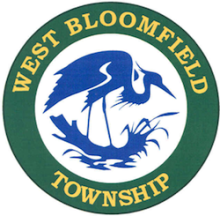Small City Fights Comcast Over Institutional Network
Reports have recently surfaced from The Detroit News and Patch.com that a town in Michigan is now fighting Comcast over who owns their network.
The Backstory
Fifteen years ago, West Bloomfield, Michigan, population about 65,000, wanted an Institutional Network (I-Net) to connect all the important services, like emergency response, police, fire, and water, with a dedicated high-speed network. The town entered into a franchise agreement in order to share the construction costs with the incumbent cable company, which at the time was MediaOne. According to the township, MediaOne offered to contribute $400,000 to the cost of construction as part of that agreement.
The agreement was transferred to Comcast in 2000; Comcast acquired MediaOne in 2002. MediaOne and successor Comcast have provided "free high-speed bandwidth transport as well as interconnectivity" during the life of the network claims Comcast in a letter submitted to the court. The cable giant also describes the practice as a "benefit not provided by Comcast's competitors" and wants it to stop. The franchise agreement expired on October 1 but was renewed until 2025.
To The Courts
Comcast and the town are now fighting over ownership of the infrastructure. With Comcast demanding new fees, the town is bringing a lawsuit. Comcast, however, maintains that it owns the I-Net that the town uses for all its important communications. The Detroit News reports that the township is coming out swinging:



